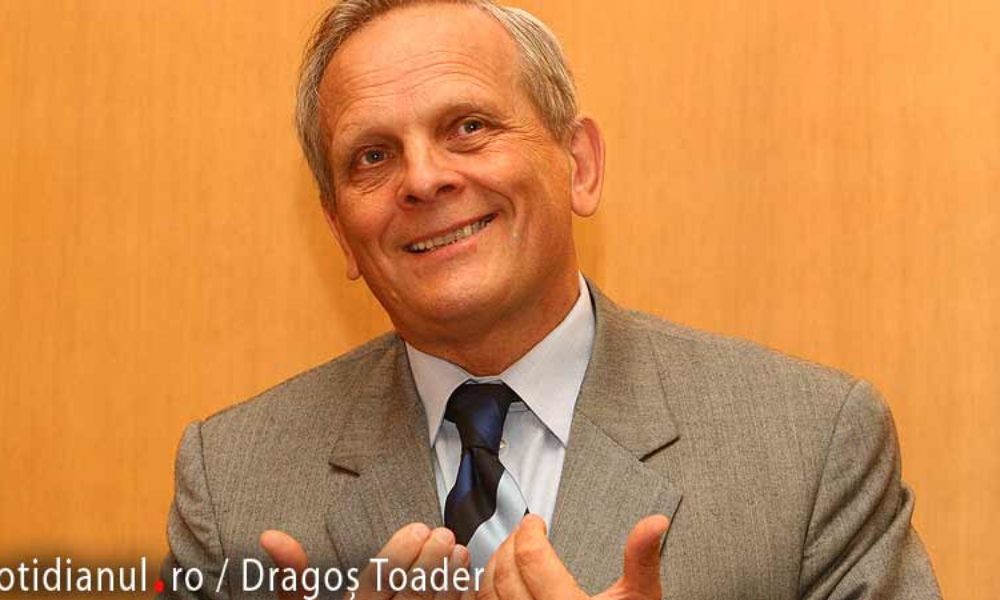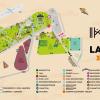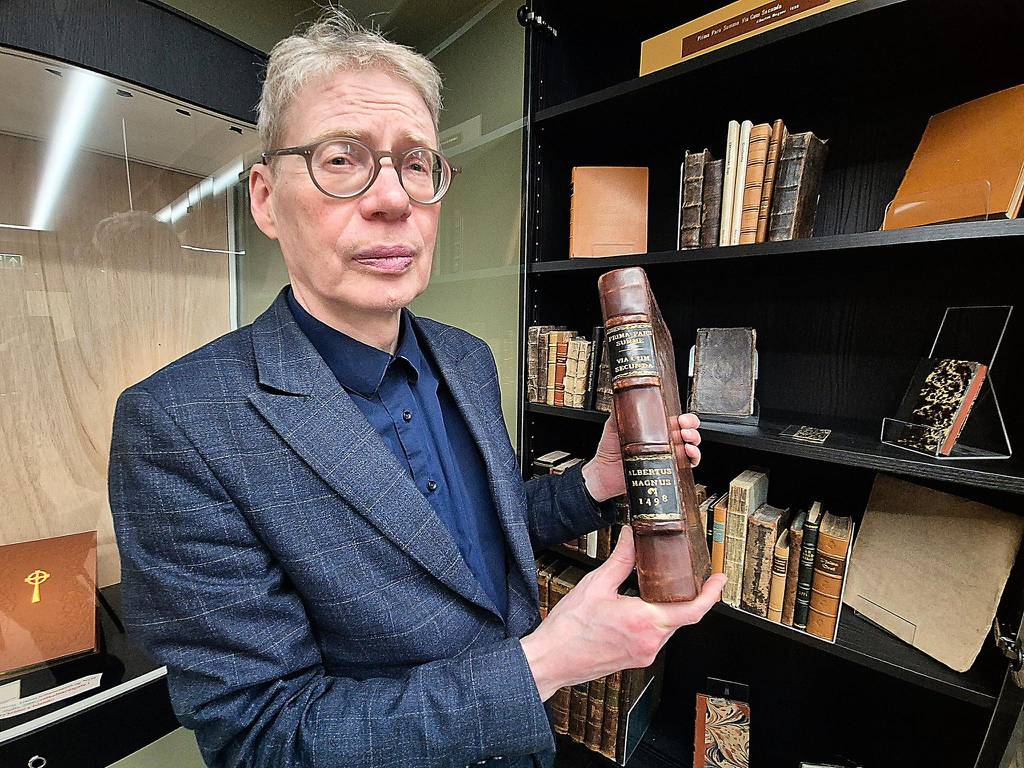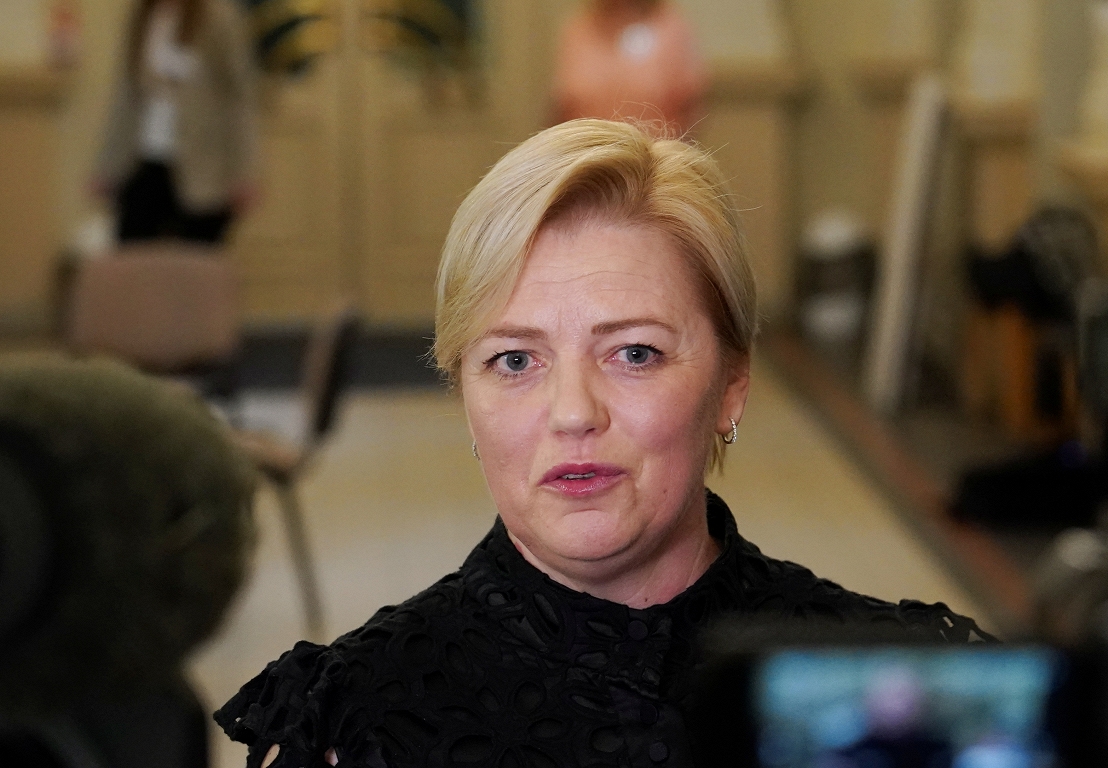The Day of the Union of Bessarabia with Romania

Every year, on March 27, the Day of the Union of Bessarabia with Romania, a national holiday, established by Law no. 36/2017.
According to this law, the Government of Romania and the local and central authorities will take measures so that on March 27, the flag of Romania will be flown in accordance with Law 75/1994 on the tree of the flag of Romania, the intonation of the national anthem and the use of seals with the coat of arms of Romania by the public authorities and institutions. The Day of the Union of Bessarabia with Romania can be marked by the authorities of the central and local administration, the non -governmental organizations, the museums, the representations of Romania abroad, by organizing public events and events dedicated to this holiday. Central and local authorities can support these manifestations materially and logistically.
On April 1, 2015, the deputy Eugen Tomac submitted in the Permanent Bureau of the Chamber of Deputies a legislative project to declare the day of March 27 – the Day of Bessarabia with Romania as a national holiday. In the exposition of reasons, it shows that ‘the establishment of the day of March 27, 1918 as a national day of the union of Bessarabia with Romania is a minimum act that the Romanian state can do in gratitude for those who have fought and sacrificed for Romania, for Romanian and freedom. (…)
It is our obligation, of those who today respond before the Romanians, to prove that we value the Romanian values of centuries and those who have left us inheritance ‘, it is still shown in the explanatory statement, published on https://www.cdep.ro/.
The deputy also reminds, in the document, that after 22 years, Bessarabia was again occupied, together with northern Bukovina and Herța County, following the Ribbentrop-Molotov Pact on August 23, 1939 and the Soviet ultimatum from June 26-28, 1940, and ‘the members of the Country Council, who had the most important contribution to the development of the Romanian Economy, Bessarabia, they were considered the most dangerous enemies.
Thus, many of them, who did not take or refused to take refuge in Romania, were deported and killed by the Soviet NKVD.
Vladimir Bodescu, Alexandru Baltaga, Constantin Bivol, Ștefan Botnariuc, Emanoil Cateli, Teodosie Cojocaru, Ion Codreanu, Ion Ignatiuc, Teodor Neaga, Panteleimon Sinadino, Nicolae Secara, Grigore Turcuman, Teodor UNCU, Luca Ştirbeț, all deputies of the Council of the Country, With Romania, they were arrested in the first days of the Soviet occupation, deported and exterminated. ‘








